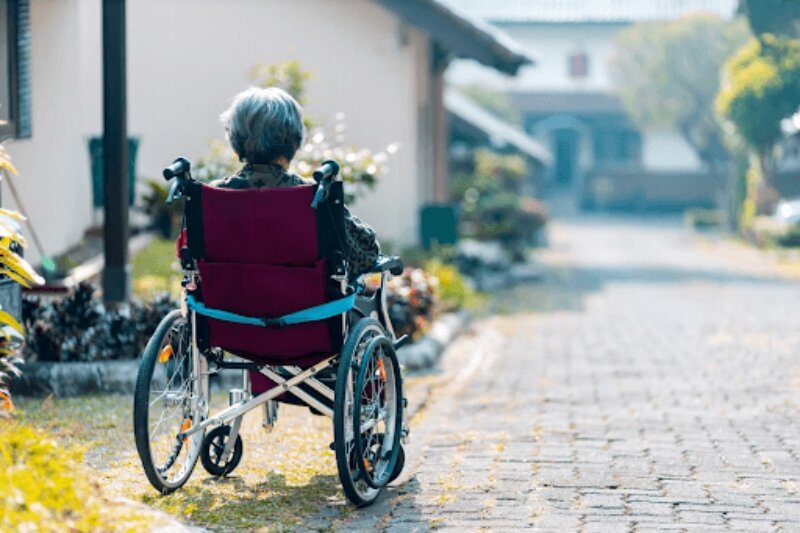How To Create A Dementia-Friendly Home
Everyday life can be challenging to manage for someone with dementia. On the other hand, simple adjustments can make living at home easier and more enjoyable for a loved one who has it. People with dementia will have difficulty remembering, thinking, understanding, and reasoning as their condition develops. This is why making daily activities simpler can help them remain as self-reliant as possible—reducing irritation, tension, and worry.
The primary goal of a dementia-friendly home is to manage dementia's impact on a person’s life by supporting their functions and abilities to carry out daily activities. In other words, the goal is to maintain the person with dementia's quality of life as much as possible. In addition, one objective of effective dementia care is to establish an environment that balances sensory stimulation so that neither overstimulation nor monotony takes hold in a person’s life.
So how can you create a dementia-friendly home for a loved one you care about? Here are some significant adjustments that you can make:
Keep their home clean and organised
It can be challenging for people with dementia to search for the things they need when there is a lot of clutter around the house. This is why clearing extraneous stuff and providing easy access to the items they need makes it convenient for them to get what they want without exerting a lot of effort and energy. In addition, untidiness can cause a person with dementia to get disoriented and distracted. Thus, removing any unnecessary clutter and cleaning up your home will definitely contribute to your loved ones’ overall comfort.
Use the right colour patterns
Contrasting colours can assist people with dementia when it comes to identifying useful things. Using too many colourful patterns in your home, on the other hand, might have the opposite effect. This can cause visual disorientation and make objects more difficult to see. Excessive visual stimulation can also cause irritation if there are too many or conflicting patterns.
Understand the possible effects of dementia
Dementia is a highly demanding and tiring condition. Stress exacerbates all of the symptoms of dementia, including anxiety, insomnia, wandering, and aggressiveness. Changes in the surroundings can help alleviate stress. Because each person with dementia is unique, strive to develop solutions that are tailored to them. Remember to use all of your senses and avoid overstimulation.
Related reading: 10 Early Onset Dementia Signs to Watch out for
Manage Noise Levels
Among the five senses, hearing has the most influence on people with dementia. Noise that is acceptable for others may be uncomfortable and disorienting for someone who has the condition. Furthermore, noise levels can be reduced by proper design, especially with the use of noise-absorbing materials. By paying more attention to noise interference, you can enhance communication with people with dementia.
Utilise Assistive Technology
Whether in a person's own home or a care facility, the physical environment may function well – or cause major issues – for people diagnosed with dementia. Assistive technology, creating dementia-friendly environments, and knowing risk are critical aspects of helping people live with the condition.
Assistive technology refers to a technology that can be utilised in several ways to support individuals with dementia in their everyday lives. Some technology is simple to set up and operate, while others need more work. At Tunstall, our Connected Care solutions can help people with dementia keep their independence for as long as possible.
Further reading:5 Stimulating and Helpful Home Activities for People With Dementia


